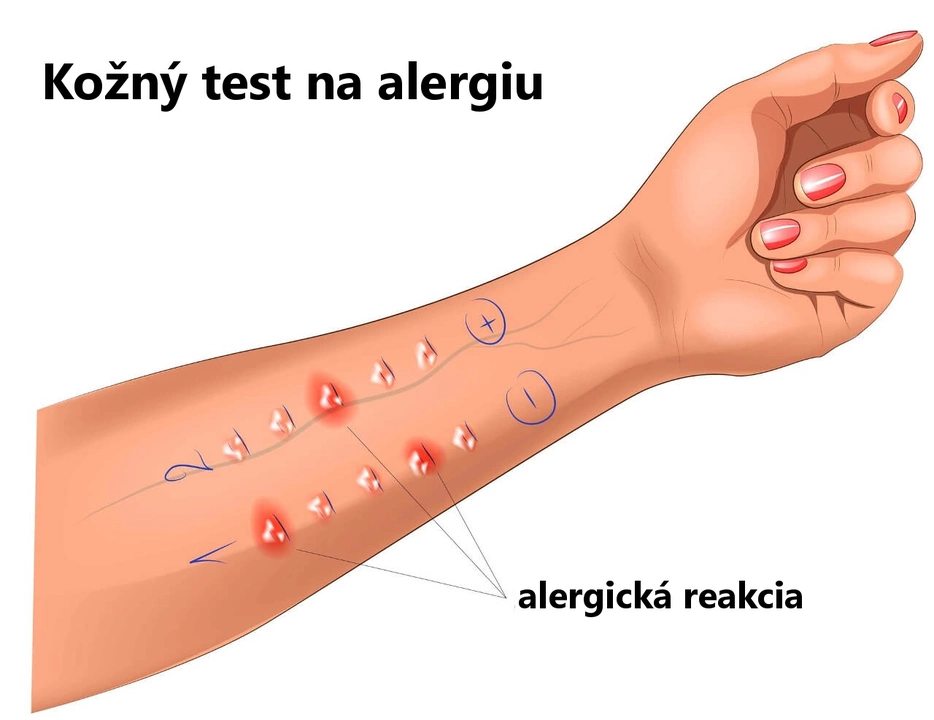Antihistamine Guide – What They Do and How to Choose One
If you’ve ever sneezed nonstop or felt itchy eyes during pollen season, chances are an antihistamine could help. These meds block histamine, the chemical that makes your body react to allergens. When histamine can’t bind to its receptors, you get fewer runny noses, less itching and calmer breathing.
How Antihistamines Work
Histamine is released by immune cells when they spot something foreign – pollen, pet dander, dust mites. It then attaches to receptors in your nose, eyes and lungs, causing swelling and extra mucus. Antihistamines sit on those receptors and stop histamine from attaching. First‑generation antihistamines (like diphenhydramine) can make you sleepy because they cross into the brain. Newer, second‑generation options (such as cetirizine or loratadine) stay out of the brain, so you stay alert.
Choosing the Right Antihistamine
Pick a drug based on your symptoms and lifestyle. If you need something at night and don’t mind drowsiness, a first‑gen product can be fine. For daytime use, stick with second‑gen pills or liquids that won’t knock you out. Check if you have liver or kidney issues – some antihistamines need dose adjustments. Also watch for interactions: avoid mixing with alcohol or certain antidepressants unless your doctor says it’s safe.
When you buy online, look for licensed pharmacies that require a prescription for stronger formulas. Sites that ask for credit‑card info without encryption are red flags. Read reviews, verify the pharmacy’s address and make sure they list a pharmacist’s contact details. If an offer sounds too good to be true – especially free shipping on brand‑name drugs – skip it.
Side effects are usually mild: dry mouth, headache or a bit of drowsiness. If you notice rapid heartbeat, trouble urinating or severe skin rash, stop the med and call a professional right away. Most people can safely use antihistamines for months, but if you need them year‑round, ask your doctor about a low‑dose plan.
In short, antihistamines are simple tools that keep allergy symptoms in check. Know which generation fits your day, buy only from reputable online pharmacies, and watch for any weird reactions. With the right choice, you’ll breathe easier and enjoy the outdoors without constant sneezing.
As a blogger, I've recently come across the topic of Bepotastine and its role in treating chronic urticaria. For those who may not know, chronic urticaria is a skin condition characterized by the appearance of hives, itchiness, and redness. I've found that Bepotastine is an antihistamine that helps alleviate these symptoms by blocking histamine release, which is responsible for the allergic reactions in our body. Many studies have shown Bepotastine to be effective in reducing the severity and frequency of chronic urticaria flare-ups. Overall, it's great to know that there are medications like Bepotastine that can provide relief to those suffering from this frustrating and uncomfortable skin condition.

